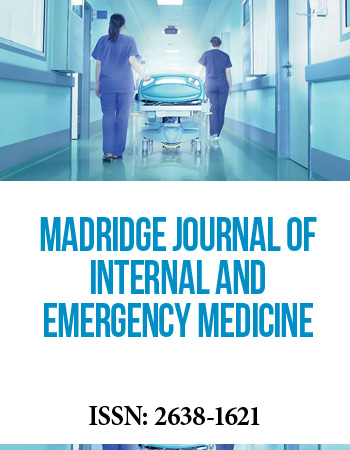International Translational and Regenerative Medicine Conference
April 25-27, 2018 | Rome, Italy
Placental Umbilical Cord Blood Transfusion in Transfusion-Dependent Beta Thalassaemic Patients: A Communication
WideCells Group, UK
The term blood substitute is actually a misnomer because only a part of the total functions of the blood is replaced by any available so-called substitute, i.e., oxygen delivery and volume expansion only. Therefore, a more accurate term should be red cell substitute. Cord blood, because of its rich mix of fetal and adult hemoglobin, high platelet and WBC counts, and a plasma filled with cytokine and growth factors, as well as its hypoantigenic nature and altered metabolic profile, has all the potential of a real and safe alternative to adult blood during emergencies due to any etiology of blood loss and anemia.
Our experience of 192 units of cord blood transfusion in patients with beta thalassaemia with severe anaemia (haemoglobin concentration varying from 3.5 to 6 g/dl with mean haemoglobin 4.67g/dl) proved to be extremely effective in 84 patients as an emergency substitute of adult RBC transfusion (male: female ratio 1:1, age varying from 6 months to 38 years). In the present series, the collection of the blood varied from 57 ml-136 ml mean 84 ml +/- 7.2 ml SD, median 87 ml, mean packed cell volume 45 +/- 3.1 SD, mean haemoglobin concentration 16.4 g/dl +/- 1.6 g/dl SD. After collection the blood was immediately preserved in the refrigerator and transfused within 72 hours of collection from the consenting mother undergoing lower uterine cesarean section.
We did not encounter a single case of immunological or non immunological reaction till date. We suggest that the medical fraternity use this precious gift of nature, which is free from infection, hypoantigenic with an altered metabolic profile, filled with growth factor and cytokine filled plasma with potential higher oxygen carrying capacity than for adult blood, as an emergency source of blood for the management of transfusion-dependent beta thalassemics.
Biography:
Professor Peter Hollands PhD (Cantab), FRSB, Cbiol; trained at Cambridge University under the supervision of the co-inventor of IVF and Nobel Laureate Professor Sir Bob Edwards FRS. His PhD was in stem cell technology with a focus on the transplantation of stem cells from the developing fetus. His post-doctoral position was as a Senior Embryologist at Bourn Hall Clinic which was the first IVF clinic in the world. Peter has been the Scientific Director of Cells for Life in Toronto and Smart Cells in the UK and was HTA Designated Individual for Smart Cells. He has carried out research in stem cell technology and has written numerous papers and book chapters on stem cell technology. He has been an invited speaker to many international conferences including personal invitations to speak twice at the Vatican, the UK House of Lords and The Canadian Parliament. Peter also has experience in creating new stem cell technology laboratories and the related accreditation and regulatory aspects of stem cell laboratories. Peter currently works as the Group Chief Scientific Officer of the worldwide stem cell services company WideCells Group. Peter was awarded a Visiting Chair in Regenerative Medicine from Calcutta School of Tropical Medicine in November 2017.


